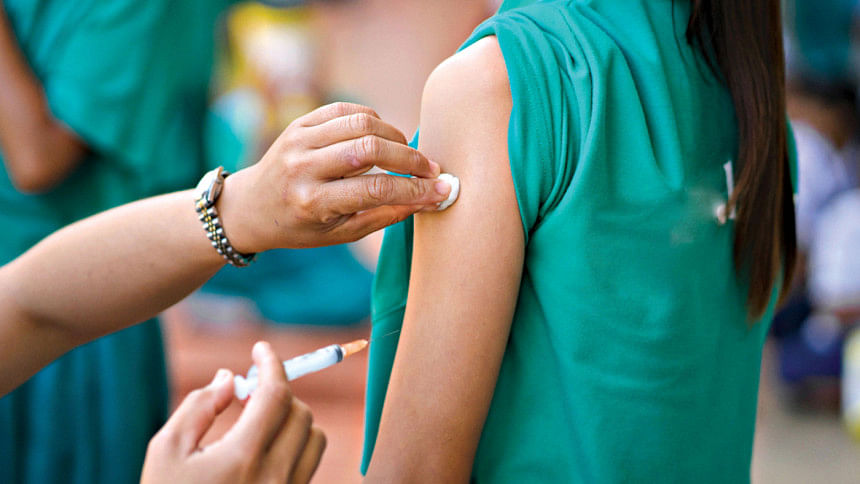A global push for cervical cancer elimination

As the world unites for the "Day of Action for Cervical Cancer Elimination," efforts are in full swing to spotlight the importance of prevention and treatment. In Rio de Janeiro, Brazil, the Christ the Redeemer statue shone in teal, symbolising global commitment to this cause. Advocacy campaigns, vaccination drives, and health policy launches are taking place across the globe, aligning with the World Health Organisation's (WHO) initiative to eliminate cervical cancer.
Launched in 2020, WHO's Global Strategy for Cervical Cancer Elimination has led to significant progress. HPV vaccines have been introduced in many countries, while HPV testing is increasingly integrated into screening programs. Additionally, surgical care for cervical cancer is being incorporated into health benefits in numerous regions.
Despite these advancements, inequities remain stark, with women in underserved communities disproportionately affected. "While we are making progress, we still face huge inequities, with women in low-income settings bearing most of the burden," noted WHO Director-General Dr Tedros Adhanom Ghebreyesus. Strengthened leadership and sustained investment are vital to bridging these gaps.
Marking this year's campaign, global activities include awareness campaigns, vaccination drives for young girls, self-collection HPV testing pilots, and training programs for healthcare providers. New guidance on HPV screening tests is also being released to ensure high-quality, cost-effective, and accessible solutions, particularly in resource-limited areas.
These collective efforts represent a significant step toward achieving a historic milestone: the global elimination of cervical cancer.

 For all latest news, follow The Daily Star's Google News channel.
For all latest news, follow The Daily Star's Google News channel. 


Comments